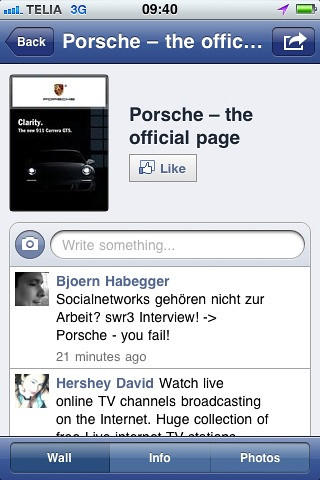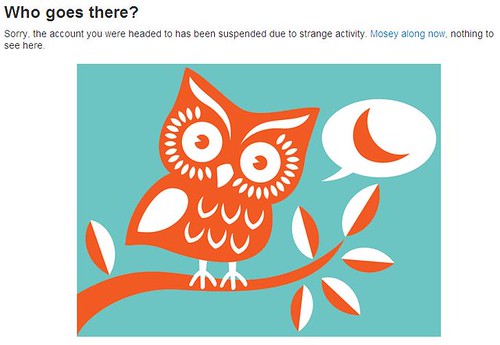Now and then I’m asked if there is a line of business that shouldn’t use social media, or if there is a type of business that doesn’t belong on Facebook. While I’m sure that you can find reasons for not engaging in these channels, I always fail to come up with an example of an industry that shouldn’t participate in social media. I would argue that most businesses can reach at least some of their stakeholders, be it customers, employees, rectruiting candidates or partners, via social networks, blogs or other social tools. Why do I bring this up? Well, because I find it so interesting when I stumble upon a social media case story from an industry that isn’t your usual suspect of IT or consumer products.
Social media for property developers in Turkey
The property development company Signature International is building Horizon Sky, a community of apartments, penthouses and villas in the bay of Gulluk, near Bodrum, Turkey. In a project of this size, customers and potential customers of course have a great need for information and a lot of questions will arise along the way. In this case, a Facebook group that initially was started by one of the buyers has become as a key source for information and discussions.
“Set up by an entrepreneurial buyer back in 2008, the FaceBook Group has now become a surprisingly important part of our business. With almost 340 members, each at a different stage in the Horizon Sky buying process, there’s always an ‘expert’ online to handle queries and as a developer we’re delighted to observe the debate,” says Daniel Dias at Signature International.
The group includes almost 500 photos, several videos and close to 50 different discussion topics.
“The most fascinating lesson that we have learned is what really concerns our clients. Whilst we assumed that delays in the construction timeline or minor contractual changes would cause the greatest debate, we were wrong. Most postings relate to communication. Providing everyone is in the loop, regularly informed and aware of latest on-site progress, the Group tends to be happy. So we have to make this a priority for Signature International,” Dias continues.
While this is by no means rocket science, it’s a good example of how almost any business can use simple tools like Facebook groups to engage with customers, and to connect customers to each other.





